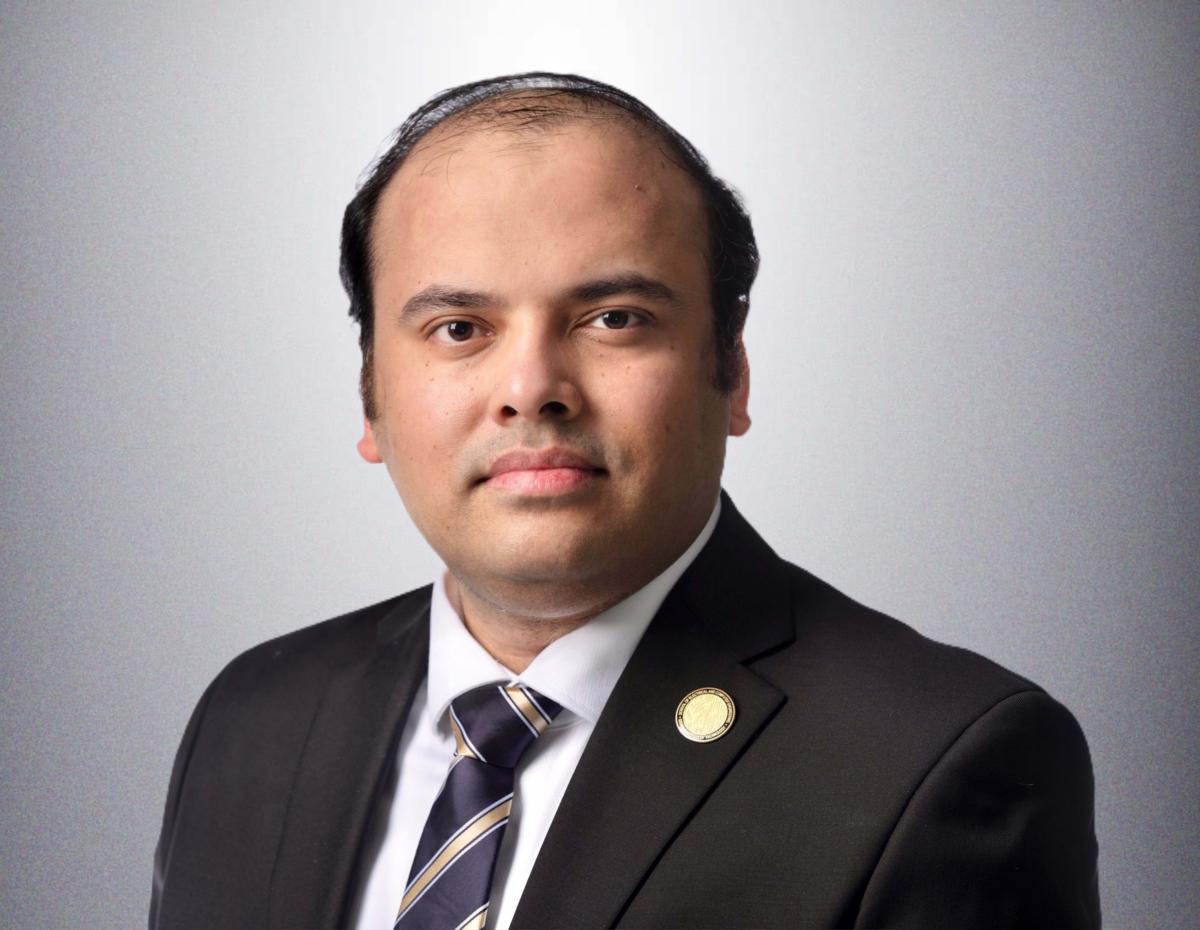Welcome from the Chair

Welcome to the website of the School of Electrical and Computer Engineering at the Georgia Institute of Technology. The School's overarching vision is to lead in the creation and development of intellectual and human capital in electrical and computer engineering and their applications, in order to foster the technological, economic, and social enrichment of the State of Georgia, the nation, and the world.
In today’s rapidly evolving innovation landscape, we find ourselves at the forefront of a number of societal-level challenges that can only be met through multidisciplinary collaboration. Our combination of size, diversity, and quality makes us uniquely positioned to address these challenges in a transformative and impactful way.
Our goals in support of this vision are to:
- be one of the very best programs of electrical and computer engineering education, research, and its transfer to the community at large;
- encourage excellence and diversity in thought and endeavor, while providing a nurturing environment for continued professional advancement of our staff and faculty;
- provide degree and continuing education programs that produce graduates who are well-prepared to enter and assume leadership roles in the profession;
- enhance student experiences through entrepreneurship programs and undergraduate research opportunities, with design permeating our curriculum; and
- mobilize our research and intellectual resources to address problems facing the industry and the world, while advancing the boundaries of disciplinary and multidisciplinary research and its applications.
It is in this context that ECE works to advance Georgia Tech's strategic mission to define the technological research university of the 21st century. As you navigate through this site, I hope you will see how our world-class faculty and staff, talented and dedicated students, and educational and research programs enable us to come together to achieve these goals.
Thank you for visiting our site.
Arijit Raychowdhury
Steve W. Chaddick School Chair and Professor

Vision and Mission
The vision of the School of Electrical and Computer Engineering of the Georgia Institute of Technology is to lead in the creation and development of intellectual and human capital in electrical and computer engineering and their applications in order to foster the technological, economic, and social enrichment of the State of Georgia, the nation, and the world. The mission of the School is to:
- be one of the very best programs of electrical and computer engineering education, research, and its transfer to the community at large;
- be recognized as a place that encourages excellence and diversity in thought and endeavor;
- provide degree and professional education programs that produce graduates who are well prepared to enter and assume leadership roles in the profession; and
- provide research and intellectual resources that address problems facing the industry and the world, while advancing the boundaries of disciplinary and multidisciplinary research and its applications.